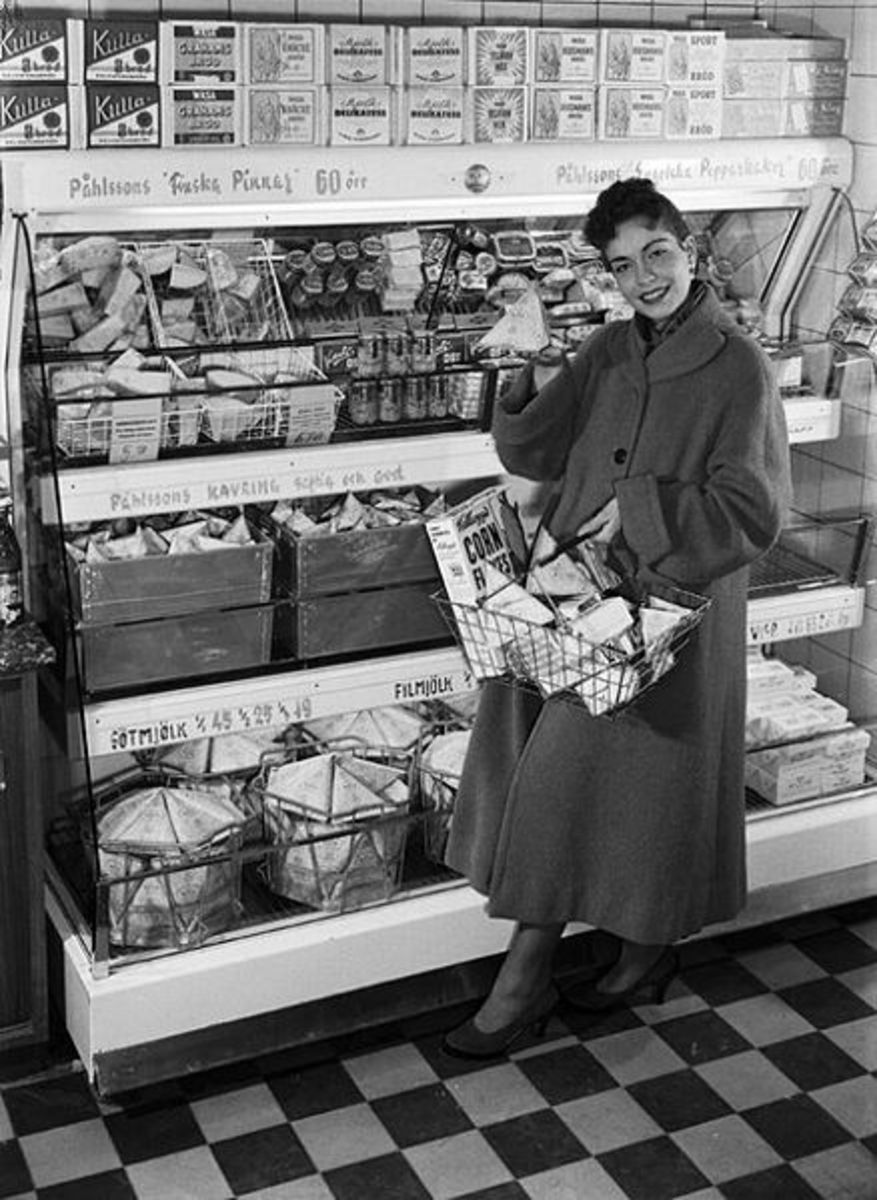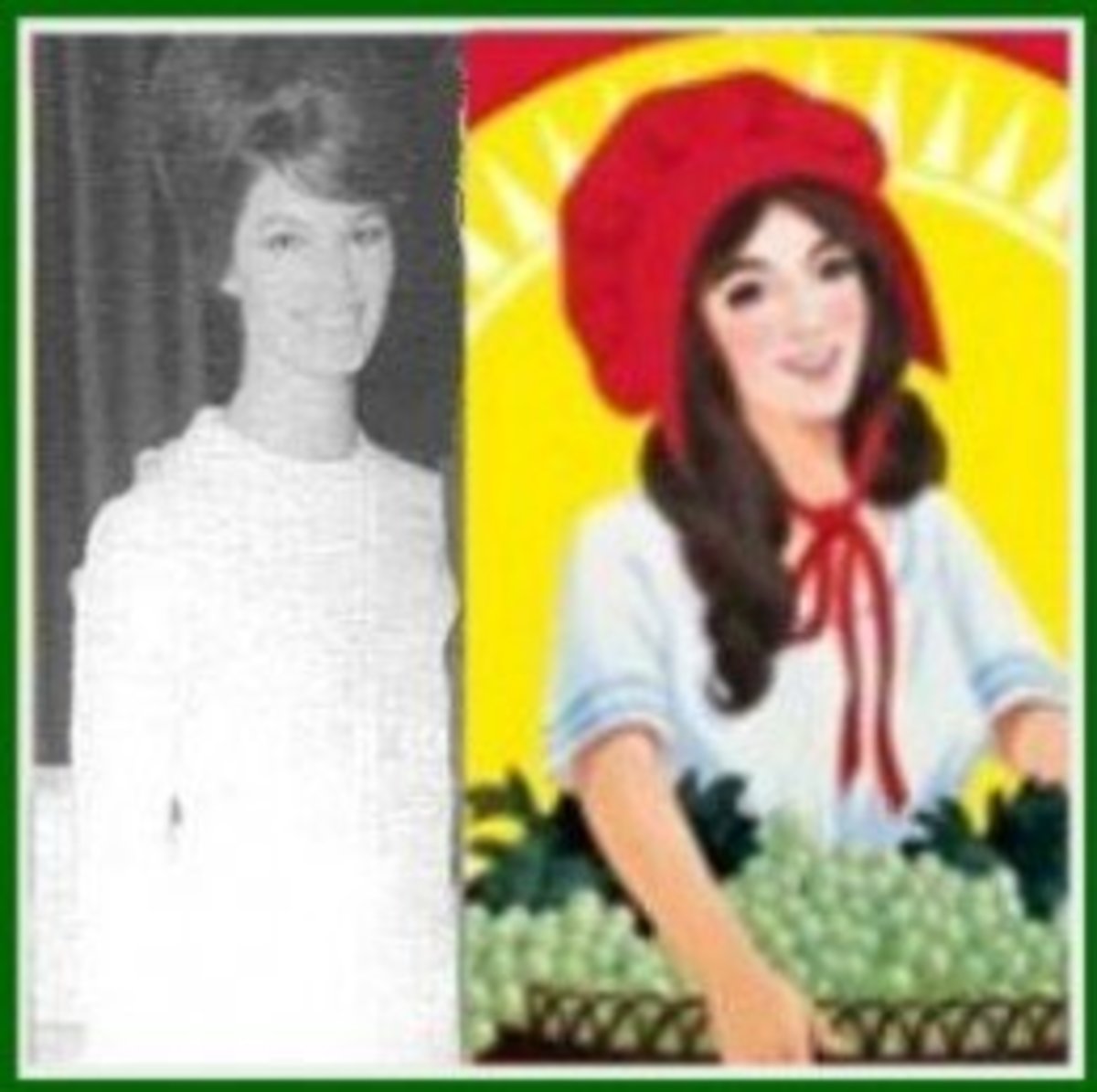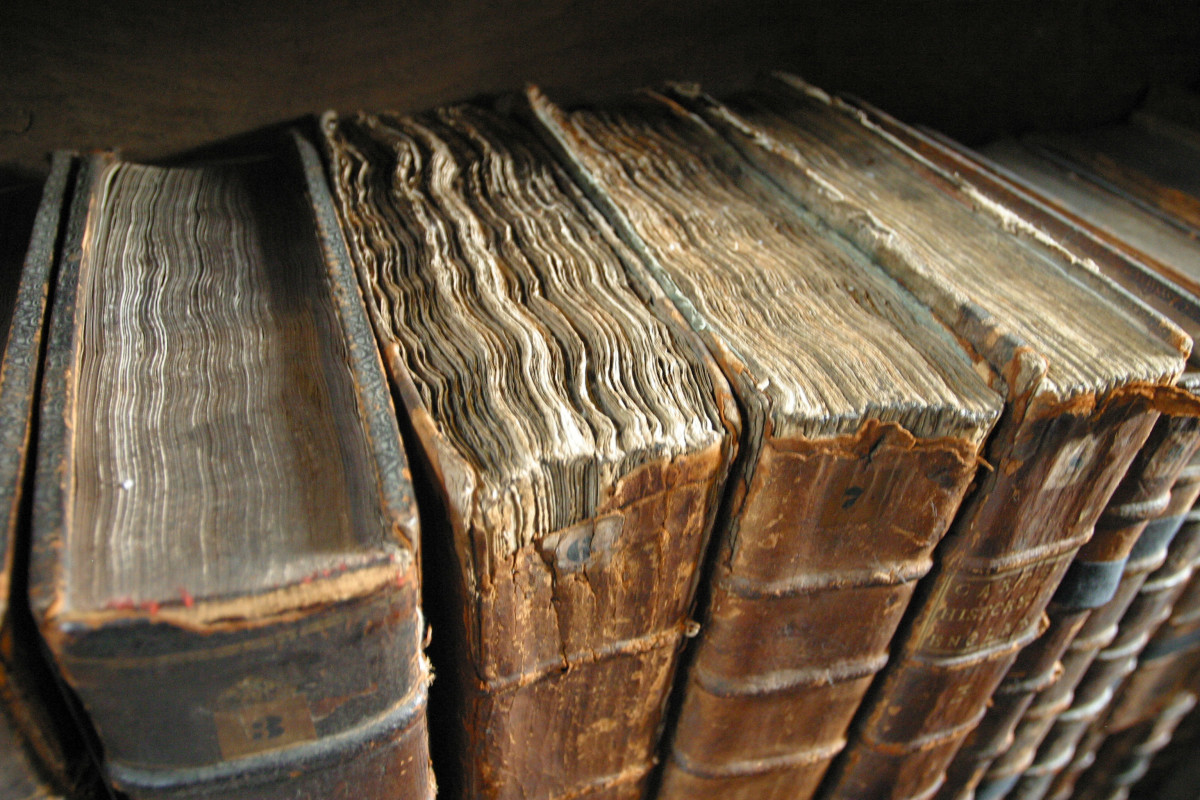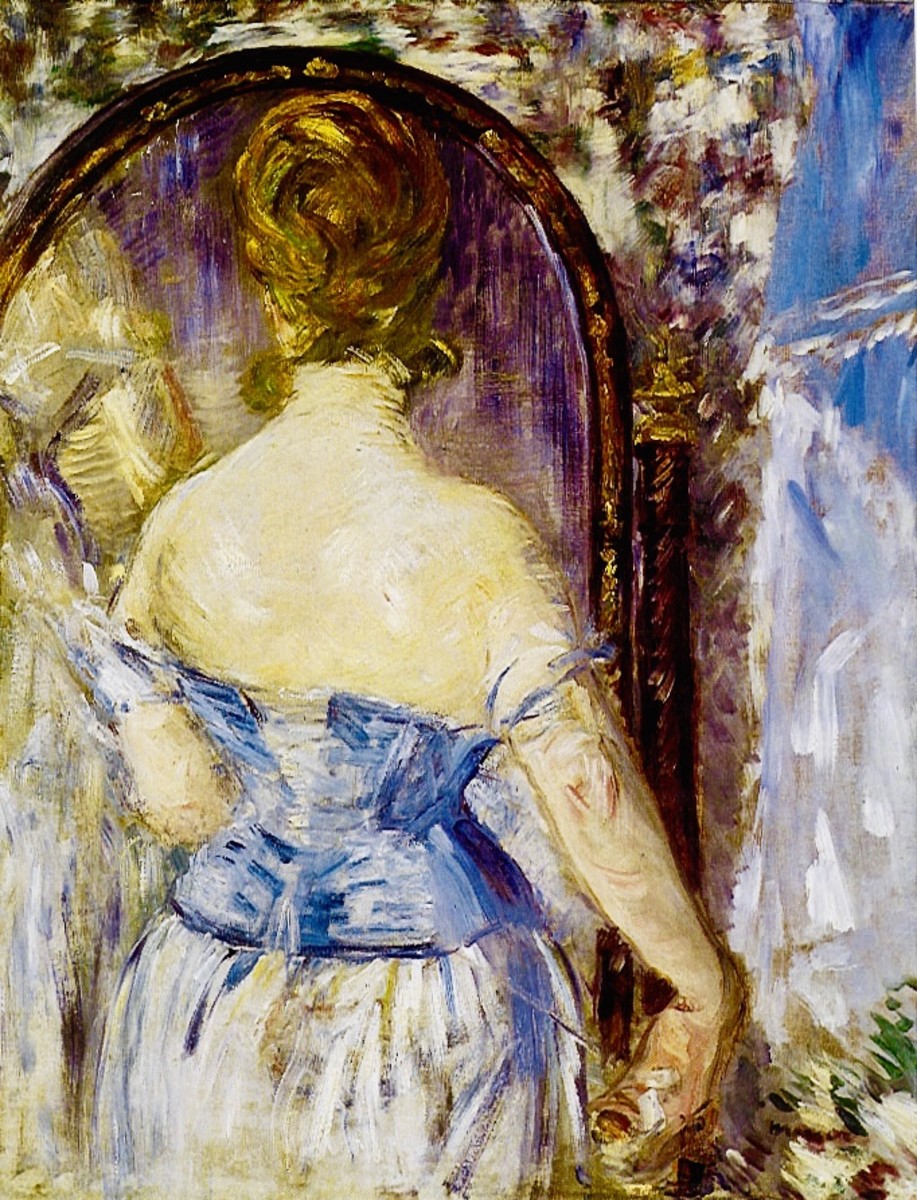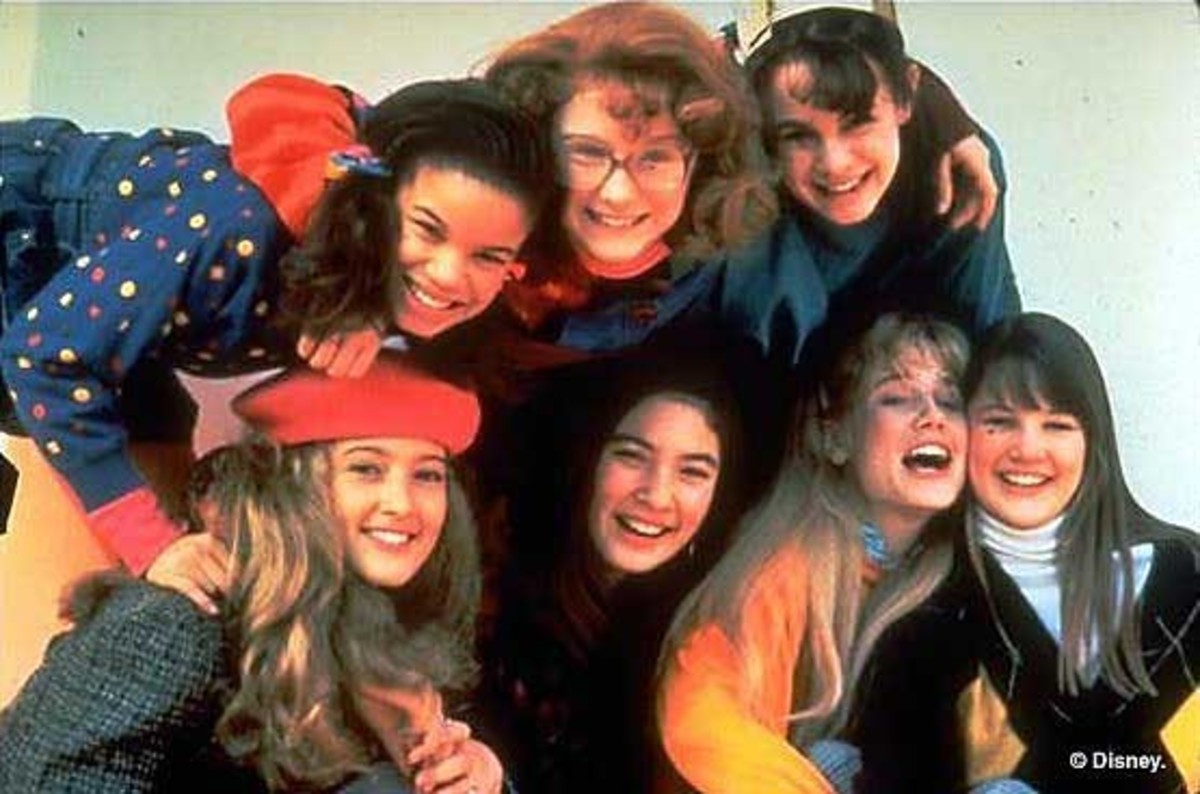A Raisin in the Sun
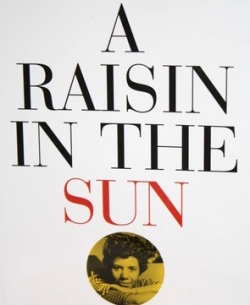
"A Raisin in the Sun" by Lorraine Hansberry
Lorraine Hansberry wrote her play "A Raisin in the Sun" in the 1950s, but it remains as relevant today as it was then. Contemporary audiences will find it easy to relate to the themes of poverty, racism, the American Dream, embracing one's heritage and coming of age. Many students first discover Hansberry, when they are assigned this as an assignment. For those who have not had the opportunity to read or see performance of "A Raisin in the Sun," I highly recommend that you do. I, myself, enjoyed it immensely.
An essay I wrote for my composition class.
Moving into Adulthood in "A Raisin in the Sun"
The character of Beneatha in Lorraine Hansberry's play "A Raisin in the Sun" is a young woman according to society, but she is still, in many ways, an adolescent as far as her mental development is concerned. Her behaviors and actions in the play are quite reasonable when you consider the choices adolescents make at this stage in their development. At the end of the play we see her character move toward the independence that signals the transition to young adulthood.
Adolescence is a journey each child takes to reach adulthood. While Beneatha has completed the physical changes of puberty, the neurological processes and increased sensitivity in her brain to stress stimuli are indicative that she is still in the late stage of adolescence (Spear 111). The process of adolescence will not be complete until she acquires the adult psychosocial attributes of autonomy, independence and detachment from her family (Ryan & Lynch 340). While the later two of these concepts are fairly self-explanatory, autonomy is a process where an individual learns to regulate and control their responses to a particular situation, rather than reacting without thought. The opposite of this process is known as heteronomy; a toddler who is told "no" and then throws a temper tantrum is a classic example of this behavior (Ryan & Lynch 340). There are a few instances in the play where Beneatha exibits her lack of control over her reactions. She often responds to her family's suggestions to her with sarcasm and impatience. She gets irritated easily and shows her anger when she feels that her family does not understand her. These reactions are very typical in adolescents who lack autonomy. For example her emotions range from excitement and enthusiasm when she describes her latest hobby of guitar lessons, but she quickly becomes angry when her family brings up the other pursuits she had once tried and then just as quickly abandoned (Hansberry 1139). An even more pronounced display of heteronomy occurs when Beneatha learns of the loss of the insurance money, which would have paid for her schooling. She goes into a deep depression and disappointment over the loss of what she perceives as being the only way to achieve her dream of becoming a doctor (Hansberry 1139). After conversing with Asagai, who offers her the opportunity to come with him to Africa she is once again elated, but as soon as he leaves and she sees her brother walk by, her mood changes to bitterness and contempt for Walter (Hansberry 1175). This volatility of emotion is stereotypical of the adolescent experience.
Beneatha is most obviously dependent on her family while she is attending school. She doesn't work, and relies on the incomes of her mother, brother and sister-in-law to support her education and living expenses. She is counting on the money provided by her father's life insurance money to pay for her medical school. She also spends their money on various hobbies, as Mama says, Beneatha is always flitting "from one thing to another all the time" (Hansberry 1139). The hobbies that she pursues are often costly, and require specialized equipment; those hobbies mentioned include photography, horseback riding, acting and most recently learning to play the guitar. She feels that her family's concern over her activities is due to them wanting to limit her ability to express herself; the consideration over how these activities are being financed never crosses her mind (Hansberry 1139). Once the money that Mama designated for Beneatha's education is lost, Beneatha gives up on her dream to become a doctor. She feels that her future was entirely dependent on that money. She says to Asagai:
I sound like a human being who just had her future taken right out of her hands! While I was sleeping in my bed in there, things were happening in this world that directly concerned me-and nobody asked me, consulted me-they just went out and did things-and changed my life. Don't you see there isn't any real progress, Asagai, there is only one large circle that we march in . . . our own little mirage that we think is the future. (Hansberry 1173)
It is quite clear that Beneatha feels that her life is not in her own control. She is completely dependent on her family to provide her with the opportunity to achieve her dream. At no point in her musings does Beneatha mention trying to find a job to help pay for her own education. Beneatha never considers what she herself can do to make her dreams a reality. Her mindset is one of dependence, further supporting the idea that she is not yet mentally an adult. This thought pattern though, again, is typical for an adolescent since according to Spear, "Adolescents may generally respond with greater negative effect to circumstances in their environment than do children and adults" (Spear 112). Asagai's admonition for Beneatha to, "stop moaning and groaning and tell me what you plan to do" and his proposition for her to come to Africa with him helps her to realize that her future is still in her control (Hansberry 1174). Beneatha's consideration of Asagai's suggestions hints to the likelihood of her gaining her independence and a detachment from her family in her near future. In Beneatha's situation her dependence and her attachment to her family members are very closely tied. One way in which adolescents gain independence is through social interactions with their friends. Beneatha spends time with both George Murchison and Joseph Asagai, but her interactions with Asagai are more fulfilling to her. George wants Beneatha to fit in and act more like how he feels a proper lady should; Asagai, on the other hand, helps her to find her own identity, thus distancing herself from her family by embracing her African heritage. Beneatha's excitement from the offer to accompany Asagai to Africa may stem from an evolutionary drive. To paraphrase Linda Spear in her article "Neurobehavioral Changes in Adolescence," she proposes that this urge stems from a need for the young of a generation to explore beyond the area where they grew up so as they will mate with a genetically diverse group, thus avoiding the likelihood of inbreeding within the population (Spear 112). Toward the end of the play Hansberry leaves us with a sense that Beneatha will likely choose an association with Asagai over that of one with George.
The relationship between Beneatha and her male friends is one that can also shed some light on her progress from adolescence to young adulthood. At times in the play she has rebuked both of her potential suitors' romantic advances. According to a study published in the journal "Family Relations," an adolescent is more focused on the goals of education and career than they are of romantic relations (McCabe & Barnett 65). This is very clear in Benetha's dialogue with George in which he wishes to kiss her but Beneatha is more interested in deep, meaningful conversation (Hansberry 1159). When George makes it clear to Beneatha that he is not interested in her for her mind but would rather her be a "nice . . .simple . . .sophisticated girl . . . not a poet" she asks him to leave (Hansberry 1159). She may though develop an adult relationship with Asagai because he does value her mind. The fate of their relationship lies in the minds of Hansberry's audience, but she gives them hope for their future union.
Overall it is clear that Beneatha is still very much an adolescent as we leave the Younger family at the end of the play, but we see signs that she is on her way to adulthood. The changes of adolescence occur over a period of years, and each person moves along at his own rate. We may not know of the decisions Beneatha will ultimately make, but we do know that in a few years time she will become a passionate young adult.
Works Cited
Hansberry, Lorraine. "A Raisin in the Sun." 1958. Literature for Composition. Ed. Sylvan Barnet, William E. Cain, and William Burto. 9th ed. Boston: Longman, 2011. 1128-181. Print.
McCabe, Kristen, and Douglas Barnett. "First Comes Work, Then Comes Marriage: Future Orientation among African American Young Adolescents." Family Relations 49.1 (2000): 63-70. JSTOR. Web. 8 Apr. 2011.
Ryan, Richard M., and John H. Lynch. "Emotional Autonomy versus Detachment: Revisiting the Vicissitudes of Adolescence and Young Adulthood." Child Development 60.2 (1989): 340-56. JSTOR. Web. 8 Apr. 2011.
Spear, Linda P. "Neurobehavioral Changes in Adolescence." Current Directions in Psychological Science 9.4 (2000): 111-14. JSTOR. Web. 8 Apr. 2011.
Who is Lorraine Hansberry? - You can read more on Hansberry at Biography.com.
- Lorraine Hansberry - Biography
Biography.com explores the life of Lorraine Hansberry, whose A Raisin in the Sun was the first drama by an African American woman produced on Broadway.




